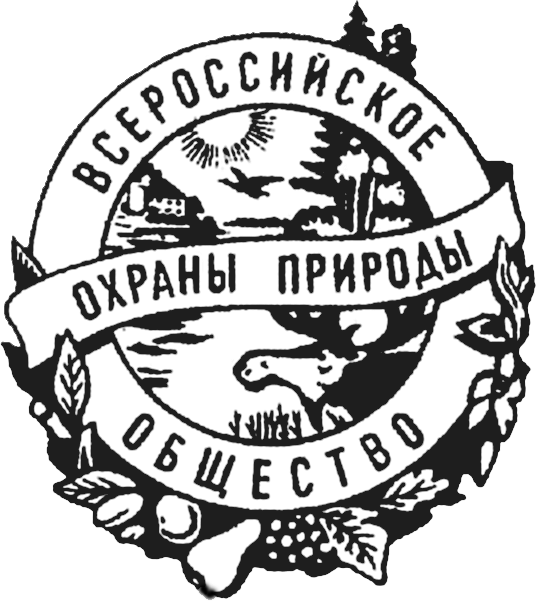
CCB suggestions for the water management on
NE Russia NGO
round table
Petrozavodsk, Karelia 16 September 2005
Maret Merisaar, CCB Water
Policy Officer, Cand. Sc. Agric.
Maret Merisaar, CCB Water Policy Officer, Cand. Sc. Agric.
On the plenary session yesterday
the goals of the Coalition Clean Baltic (CCB) - network of non governmental environmental
organisations of all countries around the Baltic Sea were introduced already (see www.ccb.se).
As the Greens of Karelia and the Karelian Branch of
the All Russian Society for Nature Protection are still to become full members of CCB, the common
working directions and cooperation possibilities for the good water management in the Baltic Sea
Drainage Area (BSDA) are suggested below. Most of them are related to decrease of nutrient
pollution load from non-point pollution sources and to increasing of the public awareness. From
the priority working areas of CCB the first three are most relevant for the Karelian ecoregion:
- Public monitoring of river basins and participation in water management.
- Promotion of water protection measures in agriculture.
- Ecological wastewater treatment and promotion of alternative solutions for single family homes and small settlements.
According to that directive (WFD) water management plans must be compiled for all bigger river basins by the year 2009 and there should be 6 month long public consultations held in 2006 (Introduction the work plan), 2007 (Major water problems) and 2008 (Draft plan of management measures). The new aspect for many member states is the crossing of the administrative borders for discussing the river basin questions. Several river basins are shared not only by different counties but also by different states and in that case international public consultations are required. Estonia has quite good practical experiences from discussing the Lake Peipsi (Tschudskoje Ozero) water management questions with interest groups from the Russian Federation. Several international research projects have been carried out for assessing the practical methodologies of public participation (PP). Among the reports and materials brought for the participants of this round table the results of the Estonian, Swedish and Netherlands comparative study may be especially useful and interesting (see also www.ctc.ee and www.riverdialogue.org). A new element in the Water Framework Directive is the creation of public advisory boards to the WaRiver Basin Authority. These public advisory boards involve representatives from various groups of water users, as well as environmental organisations. Good models and examples can be found in Germany, Schleswig Holstein (see www.eeb.org) and in the international river basin Liepaja between Latvia and Lithuania (see www.bef.lv).
While the environmental NGOs from many EU memberstates (especially Germany) are actively participating in the classification of water bodies and intercalibration of monitoring sites, Coalition Clean Baltic as network of grassroot organisations is not taking part in consultations that need so high level of expert knowledge.
Water protection measures in agriculture are one of the most important priority area of the CCB work, as the land based diffuse sources contribute with approximately 70% of nitrogen and phosphorus load to the Baltic Sea. One of the biggest hazards has been and is the industrial livestock farming, for example the new pig farms in Poland (Smithfoods); ad Lithuania (A Danish developer). A list of the CCB suggestions for good water management in agriculture contains the following:
- Modernising of infrastructure (housing, slurry and manure storage facilities;
- avoiding the atmospheric emissions of ammonia from animal production;
- More efficient manure application techniques;
- Reducing industrial farming to sustainable levels in nitrate sensitive areas;
- Maintaining extensive farming systems;
- More efficient use of chemical fertilizers and pesticides;
- Creation of multi species buffer zones for protecting water courses;
- Creation of constructed wetlands as sustainable pollution control structures; haymaking in floodplains.
Water management involves a very wide range of activities and one of the points that the greens of the Baltic Sea have considered important is the attitude towards privatisation of water companies (Public Private Partnerships, PPP) , that is actively suggested by many policy experts. The experience from Germany (Ruhr River Basin) shows, that small water companies that are economically in difficulties alone should be united into bigger companies inside the river basin area, thus maintaining the infrastructures in public (municipality) ownership and only allowing private structures to offer operation services. Selling of more than half of the shares of a water company to private hands is not supported by greens as the local inhabitants must maintain control over the water price. Foreign multinational water companies are often only interested in making quick profits and must not be allowed to take over local water services. Access to clean water and water services for reasonable price were declared to be a human right in the Johannesburg World Summit of Sustainable Development already in September 2004.
CCB has published a number of books describing good management of water resources and coastal zones. Several of them have already been translated into Russian as well. For obtaining these publications (for free) , please turn to the CCB International secretariat in Uppsala, Sweden, Asogatan 53 or send an email to secretariat@ccb.se.